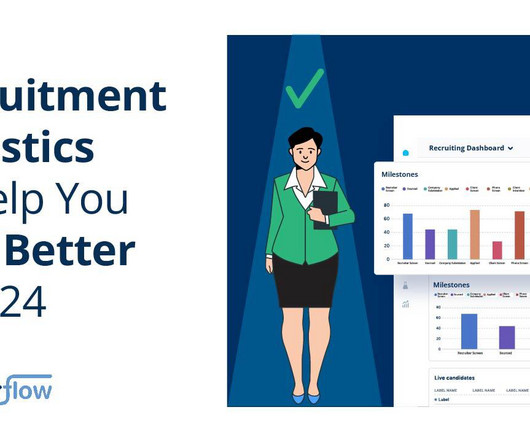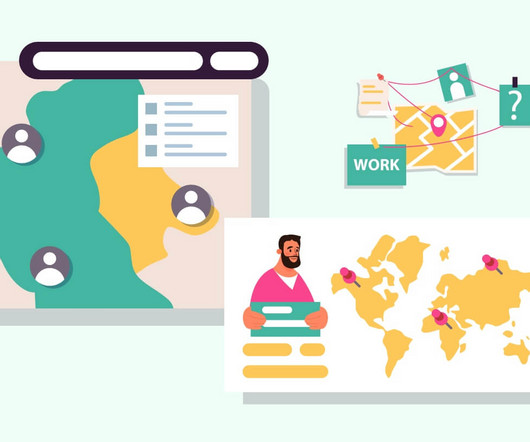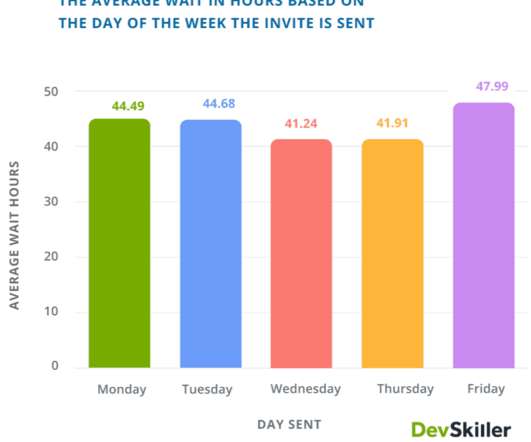The Tech Talent War of 2023
Acara Solutions
JULY 31, 2023
They collaborate with various stakeholders to assess risks, define security requirements, and develop strategies to protect sensitive data and infrastructure from threats. Indeed has compiled interview questions to assess the candidate’s critical thinking ability and find solutions.















Let's personalize your content